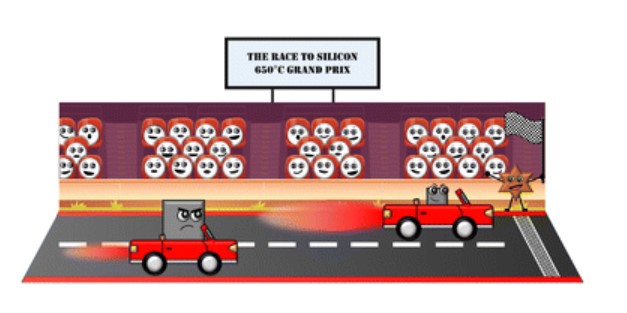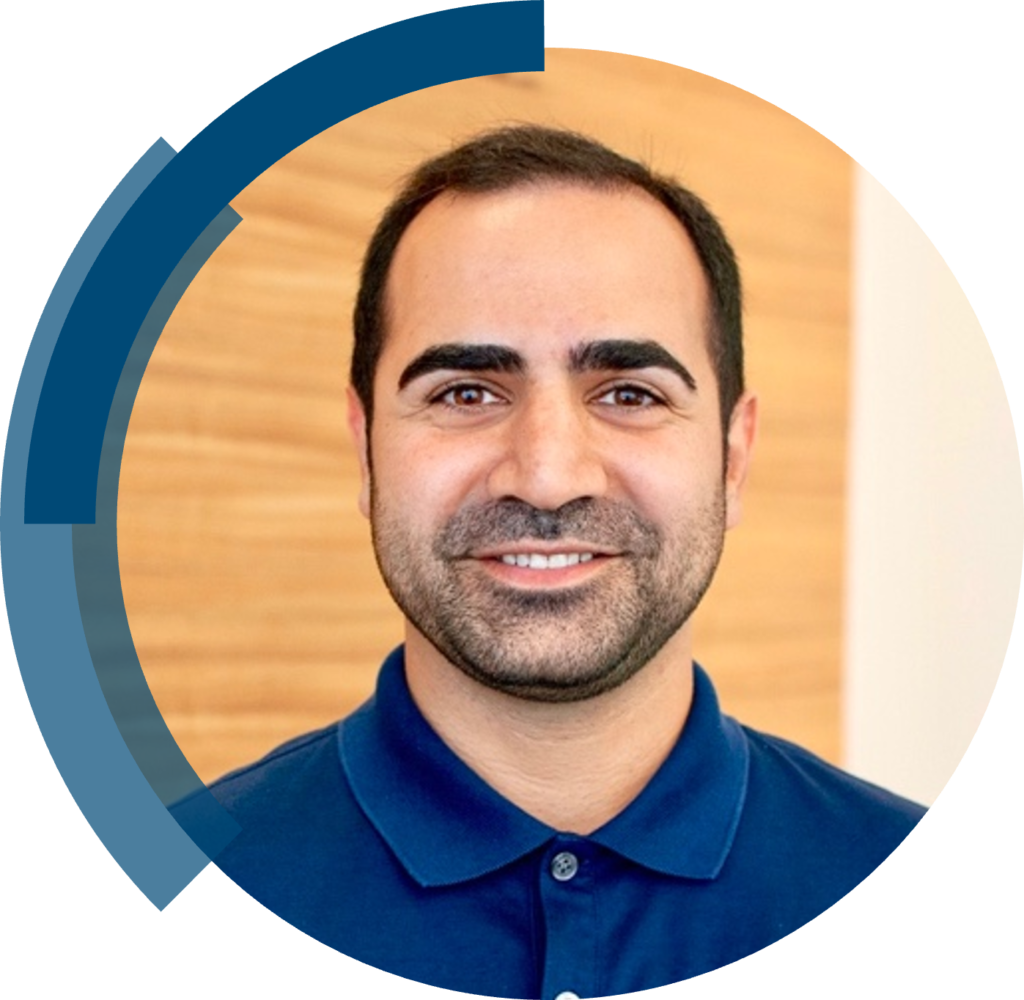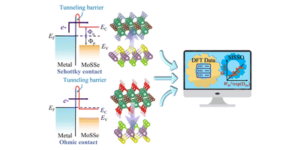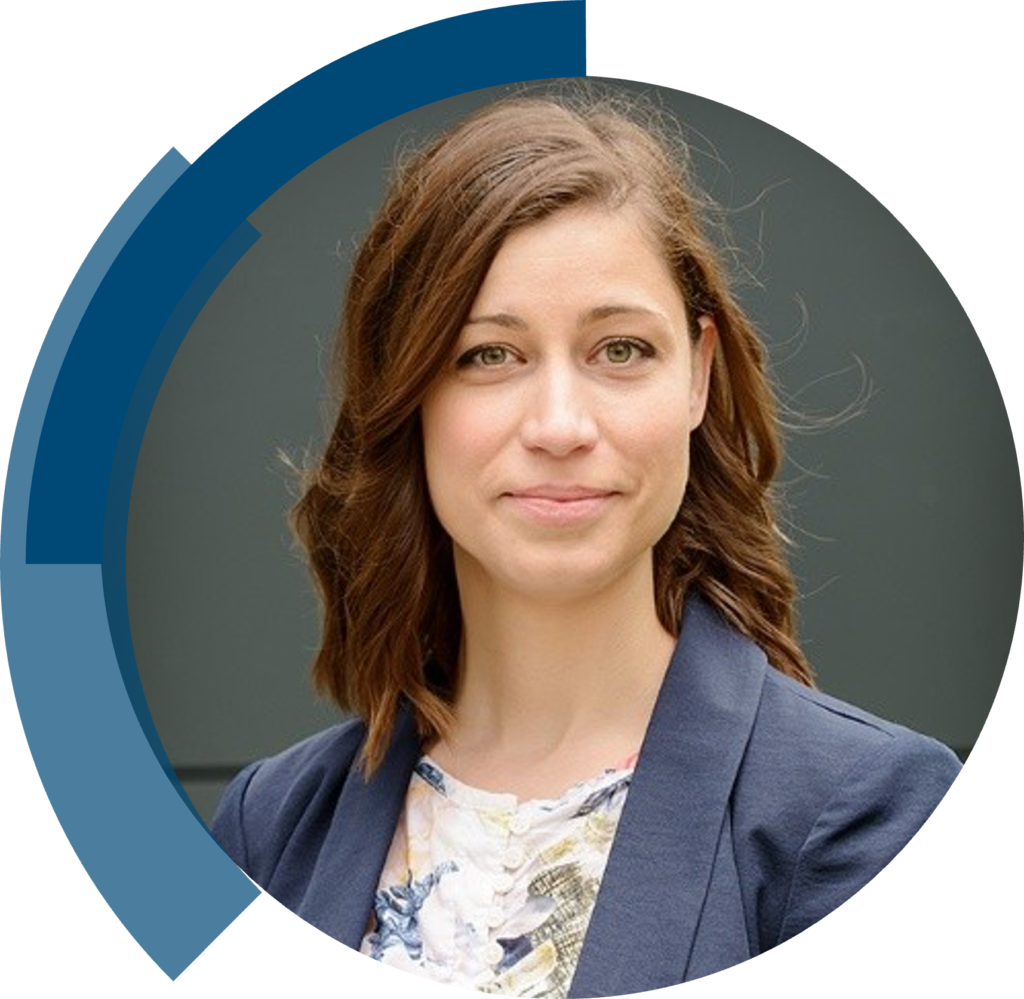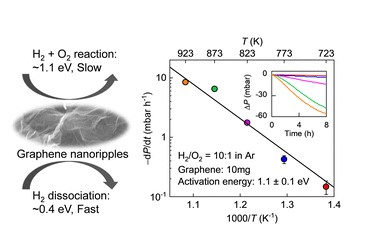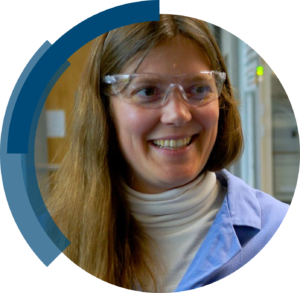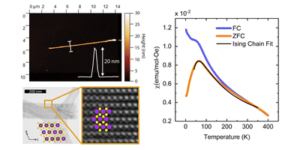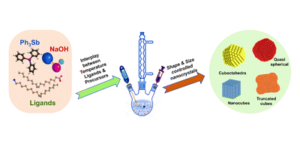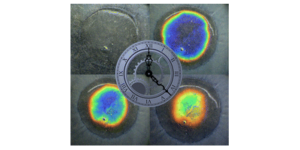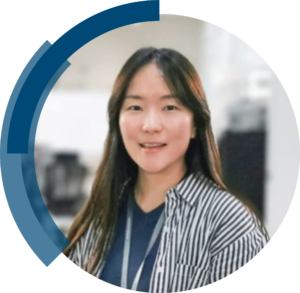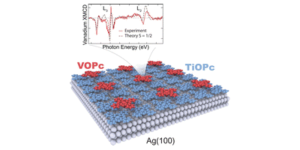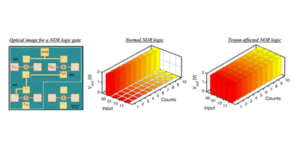Nanoscale Horizons Emerging Investigator Series
Congratulations to our latest Emerging Investigator Dr Mita Dasog, Dalhousie University, Canada!
Since the launch of Nanoscale Horizons, the journal has had a clear vision to publish exceptionally high-quality work whilst acting as a resource to researchers working at all career levels. We continue to be impressed by the quality of the research published and at the same time are looking for new ways of recognising and promoting the outstanding authors behind articles published in the journal.
We launched our Emerging Investigator Series to showcase the exceptional work published by early-career researchers in the journal and regularly select a recently published Communication article to feature in an interview-style Editorial article with the corresponding author. We hope that the series will also benefit the nanoscience community by highlighting the exciting work being done by its early-career members.
We are excited to share our latest Emerging Investigator, Dr Mita Dasog, Dalhousie University, Canada
| Dr Mita Dasog (she/her), FRSC, is an Associate Professor and Izaak Walton Killam Memorial Research Chair in the Department of Chemistry at Dalhousie University. She obtained her bachelor’s degree in chemistry from the University of Saskatchewan, and then moved to the University of Alberta to begin her PhD studies with Professor Jonathan Veinot, where she focused on the syntheses, properties, and applications of silicon quantum dots. After a short stay at the Technical University of Munich as a Green Talents visiting scholar, Dr Dasog went on to hold an NSERC postdoctoral position with Professor Nathan Lewis at the California Institute of Technology, where she studied light–material interactions. Currently, her research group focuses on the development of photocatalysts, electrocatalysts, and refractory plasmonic nanostructures for water treatment and clean hydrogen production. She co-leads the Green Hydrogen Research Cluster at Dalhousie University and is an elected member of the Global Young Academy and the Royal Society of Canada College of New Scholars, Artists, and Scientists. Mita and her team’s contributions have been recognized with many awards and honors, including selection as a Fellow of the Royal Society of Chemistry and Negative Emissions Scialog Fellow, and recognition as a top Canadian Water Shero by the Office of the Chief Scientist to the Prime Minister of Canada. |
Read our interview with Mita here
Congratulations to Dr Mita Dasog for her excellent work! You can read her featured Emerging Investigator article from Nanoscale Horizons below, which is free to access.
|
|
We hope you enjoy reading our interview and featured article and are looking forward to sharing our future Emerging Investigators with you!
Do you publish innovative nanoscience and nanotechnology research? Submit your latest work to Nanoscale Horizons now. If you are eligible for the Emerging Investigators series, you could be considered to feature in one of our future interviews! Find out more about the eligibility criteria and the process in this editorial introducing the series.



